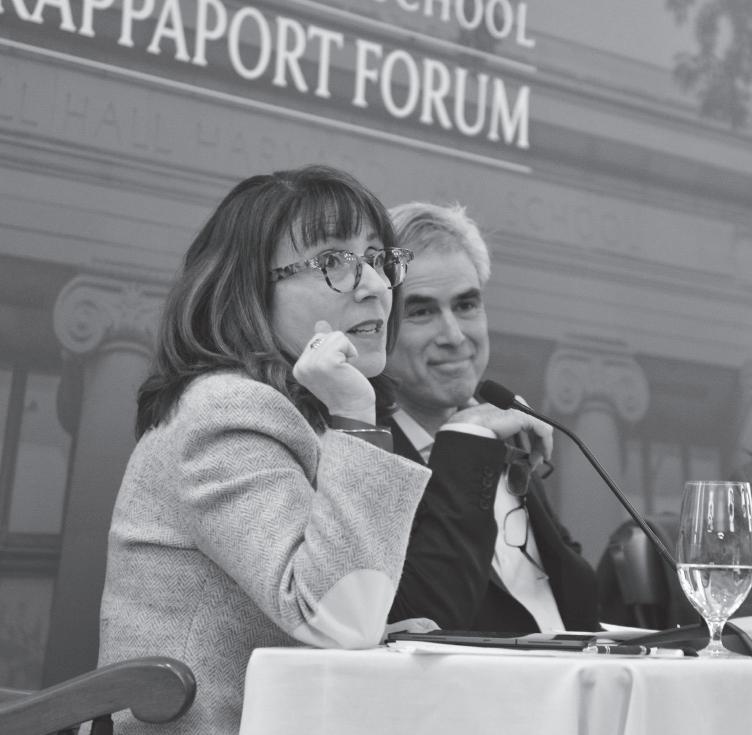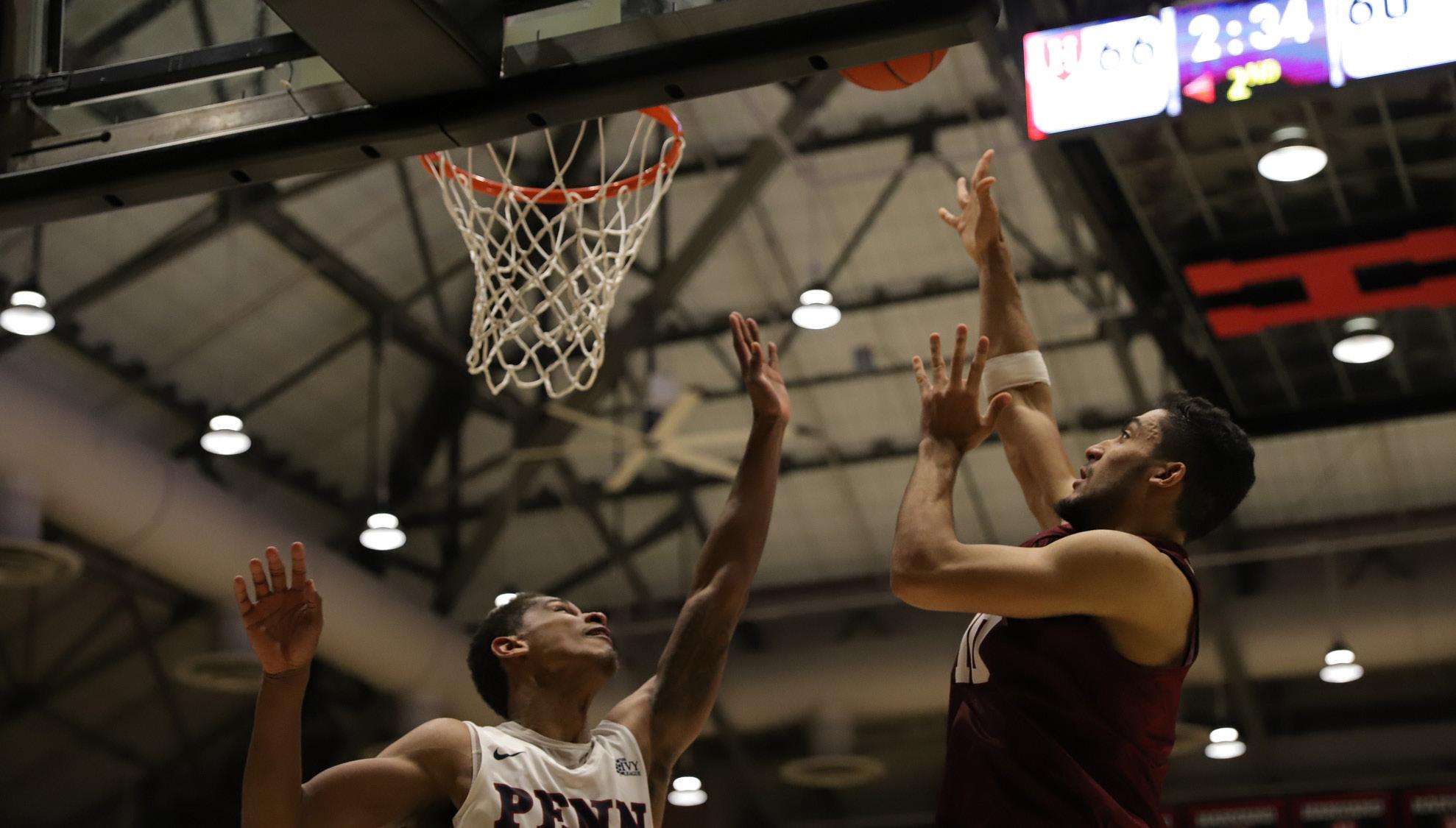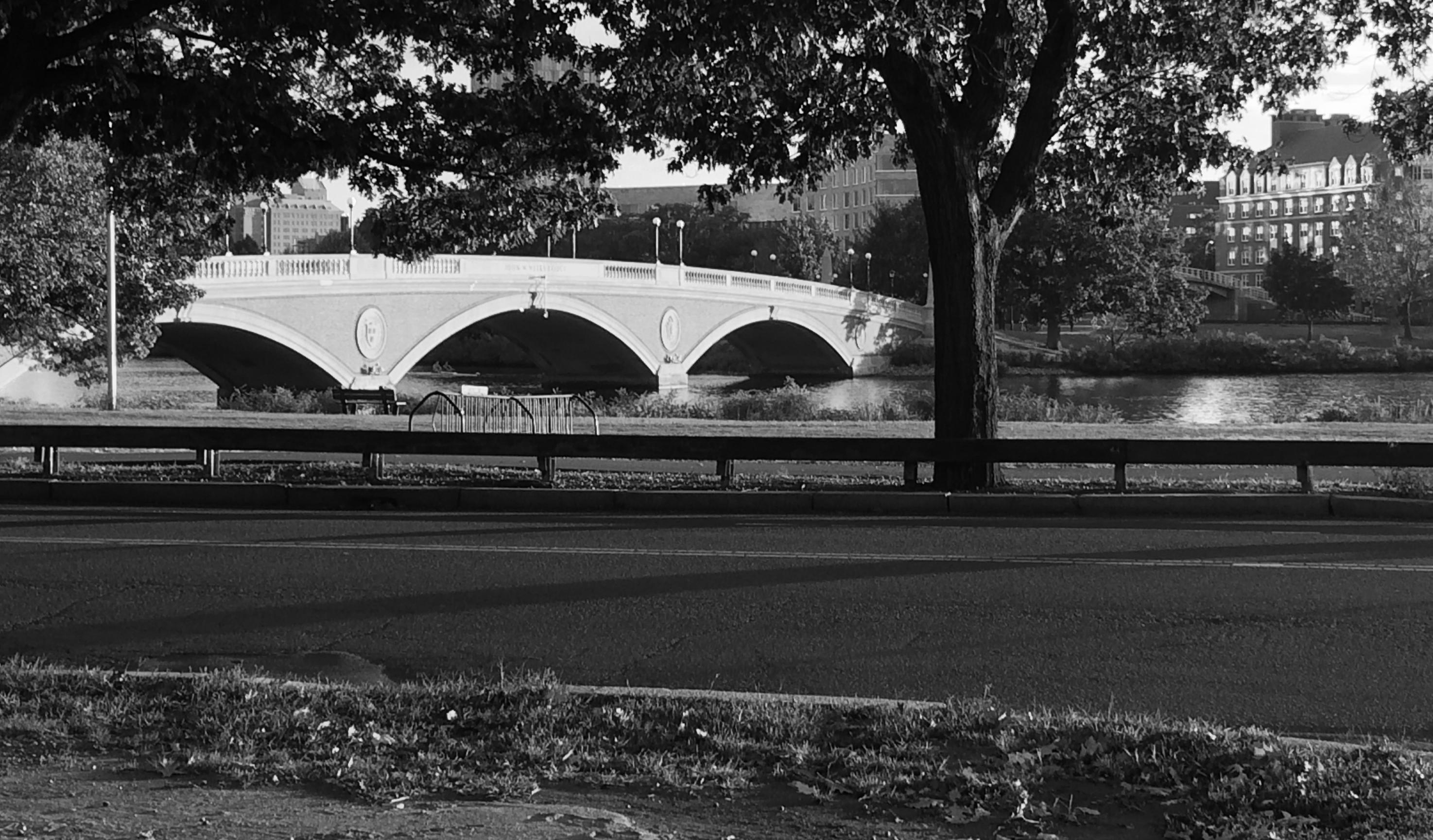PAGE 3
THE HARVARD CRIMSON | FEBRUARY 24, 2020
Harvard Law School Hosts Forum on Free Speech By CHARLES XU CRIMSON STAFF WRITER
A panel of speakers discussed the role and limits of free speech on college campuses at the inaugural Harvard Law School Rappaport Forum on Friday. Lisa Feldman Barrett, a psychology professor at Northeastern University, and Jonathan Haidt, an ethical leadership professor at New York University, discussed the definition of violent speech and how the parameters of free speech have changed on college campuses with the advent of the internet. The Law School launched the Rappaport Forum to promote discussion on current affairs. The Phyllis & Jerome Lyle Rappaport Foundation funded the series to honor Jerry L. Rappaport ’47, who founded the HLS Forum in 1946 to invite speakers to address issues in the world post-World War II. “In a society that is badly divided, this forum was served as a reminder of how important it is, and how much can be learned from the respectful clash of ideas,” Harvard Law School Dean John F. Manning ’82 said at the beginning of the event. Haidt has previously commented extensively on the role of free speech on college campuses. In 2018, he co-wrote “The Coddling of the American Mind: How Good Intentions and Bad Ideas
Are Setting Up a Generation for Failure,” arguing against trigger warnings and safe spaces. At the Law School event, Haidt drew a distinction between the idea of free speech in public spaces and free speech on college campuses. He argued universities should follow a different set of parameters regarding free speech than other public spaces. “You can’t just come here and say, you know, the Newtown shootings never happened,” Haidt said. “There’s no point in having that on a college campus. And so I think we all agree that a scholar who had presented work that some people find horrible, hateful, or upsetting if still playing by the rules and should be allowed — is a legitimate person to invite.” Barrett said educators should be mindful of students’ backgrounds and tolerance for stress when engaging in difficult topics and conversation. “The truth is honestly that some of us are better equipped just because of our life circumstances to deal with than others,” she said. “It doesn’t mean that they are off the hook for any responsibility, but he does mean that there’s a context here. And we do well as educators to pay attention to that context where we won’t actually meet the goal that we have.” She added that she believes campus speech policies should
have a basis in science. “We have evolved as a species to have socially dependent nervous systems,” Barrett said. “That means I can text three words to someone halfway around the world, who can’t hear my voice and can’t see my face, and I can make their heart rate go up.” “If we all do that — which we do — we regulate each other’s nervous systems, that means we are more responsible actually, for people, then we might like,” she added. Law School student Nathan Wexler said he thought both speakers’ discussion on the parameters of speaker invitations at colleges was productive, adding that he believes universities should have a “clear set of morals about what should be allowed and what shouldn’t be.” Rappaport said in an interview with The Crimson that he hopes both Friday’s event and future forums will engage with “important and frequently divisive public policy issues with opposing sides.” “It’s in some ways a kind of return to a period of time when you have some bipartisan solutions to problems,” he said. “The middle area is a very lonely place at the present time, so I hope that the dean’s program keeps focusing on issues that are extraordinarily important to the Continental world.” charles.xu@thecrimson.com
Lisa Feldman Barrett discussed campus speech at the inaugural event of the Harvard Law School Rappaport Forum Friday with Jonathan Haidt . STEVE S. LI—CRIMSON PHOTOGRAPHER
PROTESTERS FROM PAGE 1
Undergraduate Council Discusses Activists Protest During Student Organization Funding Junior Family Weekend By KEVIN A. SIMAUCHI and SHARON XU CRIMSON STAFF WRITERS
The Harvard Undergraduate Council discussed funding options for student organizations under executive session — a private, off-the-record session of the Council, whose meetings are normally open to the public — at Sunday’s meeting. Eliot House representative and UC Finance Committee Chair Rukmini “Mini” Ganesh ’22 motioned for the Council to be brought into executive session — where only UC representatives are allowed — twice; once in order to deliver routine committee updates, and again to discuss legislation for funding for student organizations. According to the meeting’s agenda, during the executive session, the UC discussed a Finance Committee-sponsored act in response to the committee not having enough money in its checking account to cover this semester’s grants. The act would allocate $21,000 from the Burst Pack, which is for discretionary spending purposes, to the Finance Committee. This would allow the committee access to additional funds for student organizations’ semester grants. After the meeting, Currier
House representative Jack M. Swanson ’22 expressed confusion over why the Council needed to go into executive session twice. “There is nothing we’re going to discuss that should be fully confidential,” Swanson said. The meeting also established more ties to the campus’s theatre community, unanimously passing a block grant of $9,000 to the Harvard Radcliffe Dramatics Club. The grant, which would be used for productions put on by the HRDC, would come out of the Council’s Burst Pack, which is budgeted at more than $49,000. Ganesh clarified her reasons for the proposal. “We normally fund theater out of the Finance Committee, but what we’re trying to do here is to have an expressed line item in our budget for theater like we do for PHBA,” Ganesh said. The UC also unanimously voted to restructure its Finance Committee. Ganesh and Kirkland House representative Carter H. Nakamoto ’21 co-sponsored the legislation. Previously, the vice chair and secretary position of the Finance Committee were two separate positions but were functionally treated as a single position. With this new amendment to the bylaws of the Council, the vice chair and secretary were
merged into a single position. “It’s a one person job,” Ganesh said. The Council also unanimously approved an act to publicize the College X Change program — which UC treasurer Noah Harris ’22 described as “Ebay for students” — to Harvard undergraduates. The UC continued to promote outreach between the Council and the students through funding caucus events. Last week, the UC unanimously approved legislation that expanded the power of the caucus system. At Sunday’s meeting, the body also voted to allocate $300 for a “Meet the International Caucus” event and another $300 for a “Meet the Asian American Caucus” event. Sunday’s meeting was also the first for newly elected representatives, who won seats in last week’s midterm elections. Elm Yard representative Emilio J. De Leon ’23 expressed excitement over his first meeting. “I feel like as a representative, I’d be able to really contribute input, and it will be directly heard by the executive board,” De Leon said. “So as you can tell, it was a pretty productive climate, and a lot got done in the two hours that I was here. I really enjoyed it.” sharon.xu@thecrimson.com
Like
The Crimson Facebook.com/ TheHarvardCrimson
opportunity to speak with parents during their visit to Harvard,” Newton. Larry D. Kruguer – a parent who attended the remarks — said he was “not 100 percent sure” that he felt the speech was an appropriate venue for the protest. “As it became more prolonged, I think to some degree it may have had a reverse effect, in the sense that it may have been a little bit overkill to some people in the audience not knowing what it was all about,” Kruguer said. “It could be looked upon as not appropriate of the occasion, versus doing it as people are walking out, or providing the opportunity for more one-on-
one discussion.” Still, Kruguer said he understood why students wanted to protest. He added that he saw student activists at other events during Junior Families Weekend. “It was a little surprising, but I get it, they’re obviously trying to get maximum exposure and try to create awareness for their cause,” he said. On Sunday, Fossil Fuel Divest Harvard also held an “oil spill” demonstration in the Smith Campus Center, per a post the group made to its Facebook. In the post, the group encouraged parents to send letters to President Bacow about divestment. “While Harvard showed
@crimson_photo
camille.caldera@thecrimson.com
UC MIDTERM FROM PAGE 1
Undergraduate Council Elects Sixteen Students to Body new Mather UC reps, Zachary A. Zimmer ’22 and Jinyuan “Ryan” Zhang ’21, a successful semester. “They’re great people, and I know they’ll do good work,” Ramaprasad wrote in an email to The Crimson. Two write-in candidates won seats on the Council — Maximilian “Max” J. Wang ’20 of Pforzheimer House and Shlomo T. Zach Cahlon ’21 of Winthrop House. The voting period for the election lasted from Tuesday at noon and concluded Friday at noon. More students voted in the midterm election this year than in previous years, with a total of 736 votes cast this year. In comparison, just 154 students voted in the UC midterm elections last year,
and 371 students voted in 2018. Voter turnout was highest in Quincy House with 142 voters, followed by Elm Yard with 123. Winthrop House had the fewest students voting, with only 29 votes cast in the election. The Council held its first meeting with its new representatives on Sunday. The newly elected representatives for the Undergraduate Council are as follows: Adams House Ilan M. Goldberg ’20 Cabot House Daniel R. Brunnick ’22 Kirkland House Jacqueline F. Tubbs ’22 Davis J. Tyler-Dudley ’21 Leverett House
The sights and sounds of Harvard.
The Crimson
parents how it’s educating their children to be the world’s next citizen leaders, we made sure to talk with parents highlight the unethical investments in the fossil fuel industry that make Harvard anything but a leader on the climate crisis,” the post reads.The Harvard Ethic Studies Coalition, Fossil Fuel Divest Harvard, Harvard Graduate Students Union-United Automobile Workers, the Palestine Solidarity Committee, Harvard Out of Occupied Palestine, and the Task Force on Asian and Pacific American Studies did not respond to requests for comment.
John “Jake” E. Leary III ’22 Benjamin S. Rabinowitz ’21 Lowell House Oliver S. York ’21 Mather House Zachary A. Zimmer ’22 Jinyuan “Ryan” Zhang ’21 Pforzheimer House Analli C. Torres ’21 Maximilian “Max” J. Wang ’20 Advertisement Quincy House Matthew S. Miller ’21 Benjamin M. Simon ’22 Winthrop House Angel U. Onuoha-Onyekuru ’20 Schlomo T. Zach Cahlon ’21 Elm Yard Emilio J. De Leon ’23 sharon.xu@thecrimson.com




